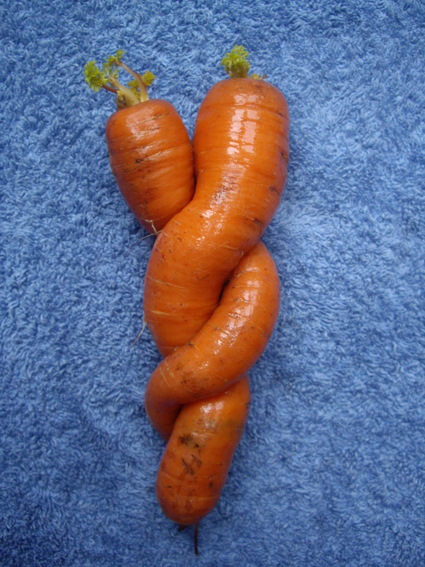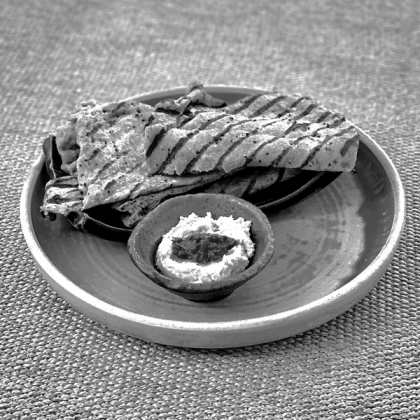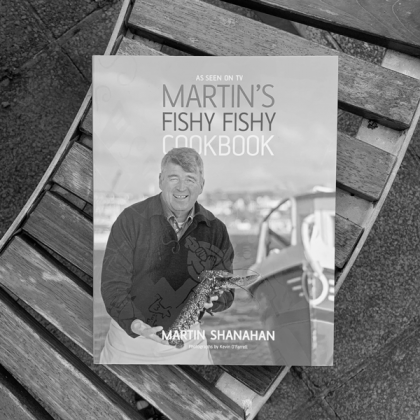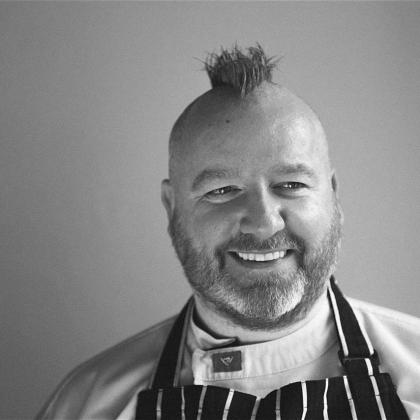Teagasc denounces findings as “Worrying for farm families”.
Michael Pollan, Naomi Wolf welcome new findings.
Scientists at the Physical Health, Work, Opinion, and Attitude Research (PHWOAR) Institute at Trinity College, Dublin, unveiled new research today, October 4th, which suggests that people who eat a diet comprising organically produced foods experience bigger, better, longer, stronger orgasms than people who eat foods adulterated with chemical herbicides and pesticides.
“Our research, which is peer-reviewed and which has been conducted over one too many mornings, is quite unambiguous in it’s findings”, said lead researcher Darren Goldstein, Ph.D., who led the research team. “It’s organics for orgasms”.
Leading feminist writer Naomi Wolf said the research confirmed the experiences she described in her new book, “Vagina: a Biography”. “It’s O For O: that’s what this is all about”, said the contentious feminist author.
Michael Pollan, Knight Professor of Journalism at U.C. Berkeley, welcomed the findings. “I have written that one should “Eat Food. Not too much. Mainly plants”, said Professor Pollan. “What I’ve now got to add is: ‘And get your swerve on’”, said Pollan.
But speaking at the Agricultural Science Conference at Blithe Hollow, County Wicklow, a spokesman for Teagasc, the Irish agricultural research body, denounced the findings as “anti-scientific and anti-farm families”.
“Having farmers and farming wives attempting to operate farm machinery and milking systems whilst in a state of post-coital delirium is frankly troubling”, said Dr Matt O’Toole of Teagasc.
“We hope this research is not making claims that are actually true and which could result in crops being left to rot in fields whilst farming couples share cigarettes and look deeply into each others eyes.”
The PHWOAR Institute findings follow the recent, highly-controversial Stanford University report which stated there was no “strong evidence that organic foods are significantly more nutritious than conventional foods”. Susan Clark, of the Columbia Foundation, has said that Stanford “should be ashamed” at the report’s “biased conclusions and lack of transparency about the industry ties of the major researchers on the study”.
Writing in The New York Times, Mark Bittman disclosed that the Freeman Spongli Institute at Stanford, which conducted the research, received “major financing” from the agri-business industrial company Cargill, “the largest privately held company in the United States”.
The PHWOAR Institute research was part-funded by well-known County Wicklow organic grower Denis Healy, who organised daily deliveries of organic fruit and vegetables to the research team in T.C.D. “These lads have me flat out of radishes”, said Mr Healy.
Michael Kelly, of GIY Ireland, confirmed that the Grow-It-Yourself organisation would be adding a series of “Grow For O!” classes and seminars at its nationwide horticultural groups. “We are anticipating a strong level of interest for the classes, which will be very hands-on”, said Mr Kelly.
Spokespersons for the Irish Organic Farmers and Growers Association (IOFGA) and the Organic Trust did not return our calls.
Eat organic for better orgasms, says new T.C.D. report
Archive - all the best places to eat, shop and stay in Ireland. A local guide to local places.







